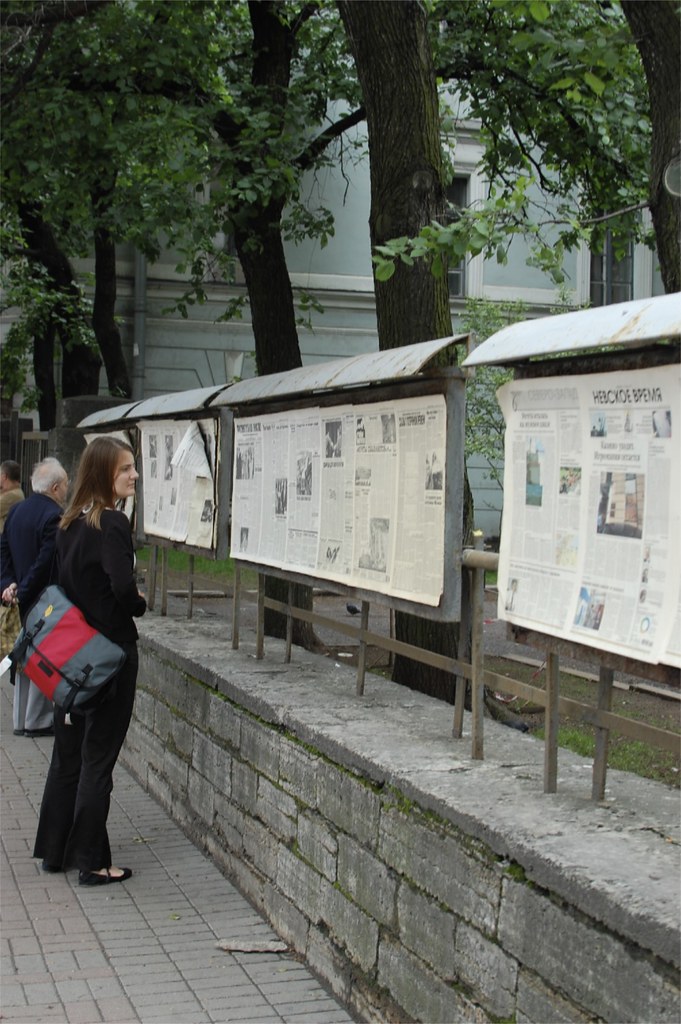Here is the general syllabus for the History optional paper:
Paper I:
- Sources and Historiography:
- Archaeological sources.
- Literary sources.
- Foreign accounts.
- Evolution of historical writing.
- Prehistory and Harappan Culture:
- The prehistoric cultures in different parts of the world.
- Indus Valley Civilization: Origin, extent, major features, and the decline.
- Vedic, Mauryan, and Sunga Periods:
- Polity, economy, and society.
- Changes in the caste system.
- Jainism and Buddhism.
- Contacts with outside world.
- Post-Mauryan Period (c. 200 BC – AD 300):
- Political and economic history.
- The Satavahanas and their contribution to the history of the Deccan.
- Society, religion, literature, and science.
- Guptas, Vakatakas, and Vardhanas:
- Polity, economy, society, culture, and religion.
- Regional States during Gupta Era:
- The Kadambas, Pallavas, Chalukyas, and others.
- Harsha’s empire and his administration.
- Themes in Early Indian Cultural History:
- Languages and literature.
- Art and architecture.
- Religion and philosophy.
- Early Medieval India (c. 750-1200):
- Polity, society, economy, and culture.
Paper II:
- Cultural Traditions in India (c. 800-1800):
- Literature, art, religion, and architecture.
- Bhakti and Sufi movements.
- Medieval Indian Society:
- Caste system and social mobility.
- Bhakti and Sufi movements.
- Condition of women.
- Mughal Empire:
- Origin, expansion, administration, and economy.
- The decline of the Mughal Empire.
- Early Medieval South India:
- Polity, economy, society, and culture.
- Cultural Traditions in India (c. 1300-1800):
- Literature, art, religion, and architecture.
- The Eighteenth Century:
- Political formations in the 18th century.
- Economic history.
- Culture and society.
- Modern Indian History:
- Administrative and economic policies of the British.
- Socio-religious reform movements.
- Indian response to British rule.
- World History:
- Events, happenings, major personalities in the 18th century.
- The industrial revolution.
- The world wars.
Remember to stay updated with any changes to the UPSC syllabus, and consider referring to the official UPSC website for the most recent and accurate information. Good luck with your preparation




